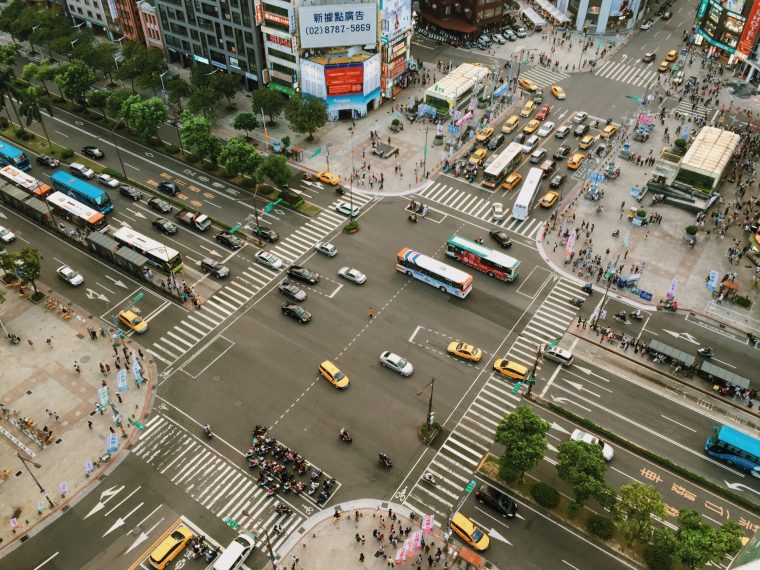Uber and Lyft Are Making City Traffic Even Worse

Photo: Joey Lu
When you live out in the suburbs or on back country rounds, having a car is essential to get to any destination; walking to the nearest grocery store would be a day-long journey for some. But when you live in a big city, like Chicago or New York, navigating the streets on foot is significantly easier.
While city-dwellers often ditch car ownership, studies show that the increase in Uber and Lyft users is actually making city traffic even worse.
Uber and Lyft started off with a straightforward marketing campaign: ride-sharing services would help reduce traffic in the cities. Less car owners means less traffic, right? Well, their business model seems to be so successful it has backfired.
Spring Cleaning: Get your car ready for the warmer months
According to the Chicago Tribune, Uber and Lyft have become so popular that they are adding to the traffic in cities. Yes, ride-sharing reduces the number of individual drivers on the road. However, with such a high demand for the ride-sharing services, those individual drivers are being replaced with Uber and Lyft drivers. Plus, studies have also shown that public transit commuters are switching to ride-sharing services, too, creating an overall increase in cars on the road.
In larger cities like Boston, ride-sharing services are most certainly not the only way to get around, but it seems to be the most convenient. The Chicago Tribune reports that 60 percent of ride-sharing users surveyed “said they would have used public transportation, walked, biked, or skipped the trip if the ride-hailing apps weren’t available.” Ride-sharing is not only a more personalized way of transportation, but it’s also faster. While you may sit in a little bit of traffic, your Uber doesn’t have to make 25 stops along the way like a train might.
What Does That Mean? 10 commonly used financing terms you might hear at the dealership
Lyft issued a statement, focusing their mission more on reducing car ownership rather than reducing traffic: “Lyft is focused on making personal car ownership optional by getting more people to share a ride, helping to reduce car ownership, and partnering with public transportation.”
Uber shared a similar statement: “Uber’s long-term goal is to end the reliance on personal vehicles and allow a mix of public transportation and services like Uber.”
News Source: The Chicago Tribune

The News Wheel is a digital auto magazine providing readers with a fresh perspective on the latest car news. We’re located in the heart of America (Dayton, Ohio) and our goal is to deliver an entertaining and informative perspective on what’s trending in the automotive world. See more articles from The News Wheel.

